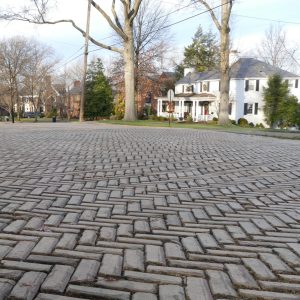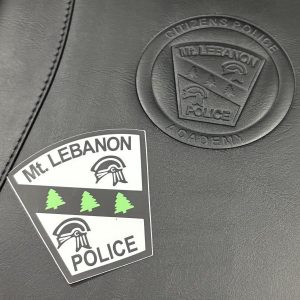Dedicated to Helping

Our life experiences and memories are what make us, well us. Each of us is a unique individual based in large part on the life we’ve lived. The cruelty of Alzheimer’s disease is that it steals those very things from the individuals who suffer from the disease.
Working on a daily basis with those who are challenged with Alzheimer’s and other forms of dementia, I see the obstacles that residents and families face as they deal with these conditions, and it compels me to support them in their journey. After graduating from Mt Lebanon High School and studying psychology in college, I returned home and joined the fight. By day, I work with senior residents who require memory care. In my spare time, I serve on the Pittsburgh Walk to End Alzheimer’s walk committee. The 2022 walk is scheduled for Saturday, October 8, at Highmark Stadium.

To support and focus attention on the effort to create a world without Alzheimer’s, people come together to raise funds and awareness through events such as the Walk to End Alzheimer’s.
For Doreen Putnam, an educator, advocate, walk supporter and author of the new book Sometimes Grandma Doesn’t Know Me, it is clear that events like these show how many people are impacted by the disease. As an educator, she focuses on helping families learn more about the disease process. “My main goal in writing my book was to be able to help educate families—including children—about the disease,” she told me.
In Putnam’s experience, there is no right way to go about navigating the hurdles that Alzheimer’s throws at everyone. “First of all, families (who) come into memory care don’t truly understand the disease or the disease process. The most important thing is to remember your loved one is having a hard time—not giving you a hard time. There is no shame in needing or wanting support,” she continued.
Her dedication to helping families has changed many lives, and it will continue to have a positive impact on the community. It is important to keep in mind, Putnam believes, that Alzheimer’s needs to be seen as the disease that it is.
“So many people hide the fact that their loved ones have some form of dementia, and what I want to encourage families to do is to treat Alzheimer’s and dementia like you would any other disease,” she said. “If you thought your loved one had cancer or kidney issues, you go to the doctor, talk to family and friends about it and be open about it. We need our families to be more open about this as more and more people are becoming impacted by forms of dementia.”
With this disease being so common, it is important we show our support. I have personally seen the impact that the disease has on individuals and their families. Every day, I wish that there was more I could do and hope that a cure can be found. The Pittsburgh Walk to End Alzheimer’s is important to me because I’ve seen the positive impact it makes on the community it serves. People connect with others dealing with the disease, and they find hope that can help carry them through the daily tribulations.
In addition to that, the annual walk reminds those who may not know that there is a daily fight going on that they can help battle. I walk in support of all those dealing with Alzheimer’s disease, and I walk to remind myself that someday there will be a cure because so many individuals—like me—are willing to support the cause.





